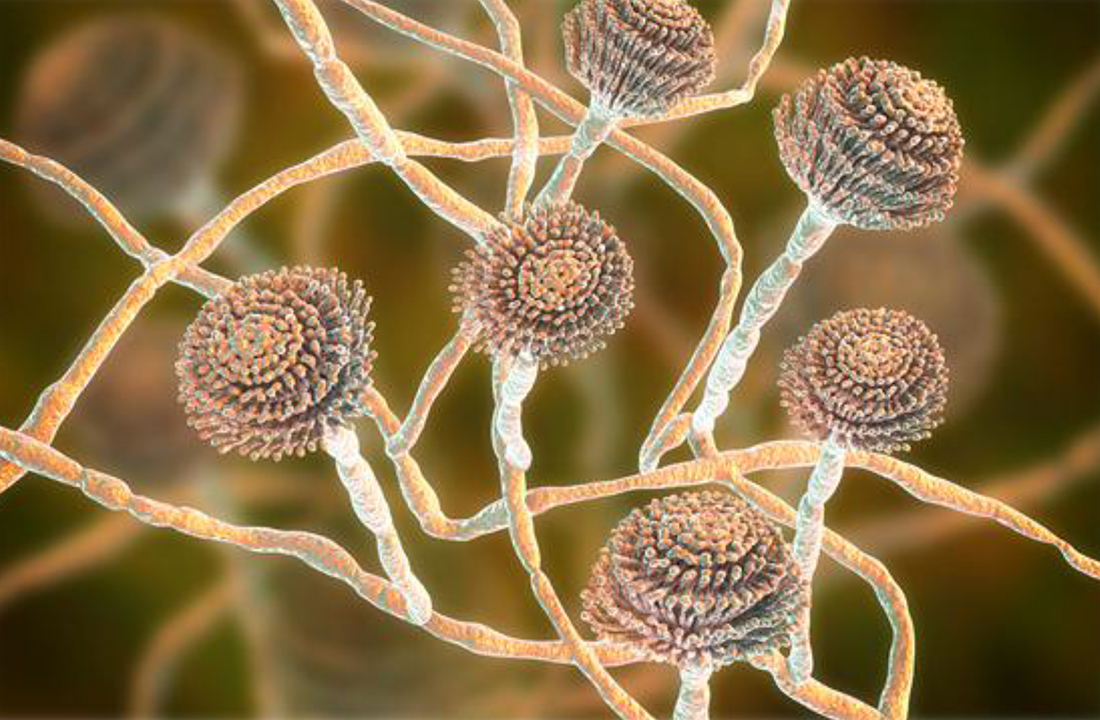Patient Information on Mould Allergy
Who is this information for?
This information is for children and adults with a mould allergy.
What is a mould allergy?
An allergen is an irritant, which may result in symptoms such as allergic rhinitis (refer to Allergic Rhinitis patient information sheet). Allergy occurs if an individual develops antibodies to proteins (allergens) from the mould. Patients with asthma may find their asthma is exacerbated as a result of a mould allergy. Symptoms are usually persistent and present throughout the year.

What treatment options are available to manage mould allergy?
- Aeroallergen avoidance/minimisation
- Medications
- Allergen specific immunotherapy
What are the aeroallergen avoidance strategies to manage mould allergy?
- Using a dehumidifier in the home if the humidity is constantly high (above 50%)
- Ensuring heating, ventilation and air-conditioning systems are properly maintained
- Using 5% ammonia solution to remove mould from bathrooms and other contaminated surfaces
- Replacing carpet with hard flooring
- Replacing wallpaper with paint
- Repairing indoor water damage immediately
- Avoiding cutting grass in late summer when mould spores are present in decaying vegetation
What medications are available to manage mould allergy?
- Antihistamines (tablets/nasal spray): are effective in managing histamine-related symptoms such as itching, watery nose/eyes and sneezing. This medication is not helpful for nasal blockage.
- Nasal steroid spray/drops: often used as first line management in children aged over 2 and adults,mainly to treat nasal congestion or blockage.
- Nasal irrigation: washing out the nasal cavity has been shown to reduce the amount of allergens in the nose (refer to Nasal Irrigation patient information sheet).
Is allergen specific immunotherapy available for mould allergy?
Allergen specific immunotherapy is available to manage mould allergy in very severe cases. It involves exposure to a small amount of the allergen in order to induce tolerance. Specific immunotherapy is the only treatment that modifies the immune response to allergens rather than just treating the symptoms. A typical treatment may require monthly injections over 3-5 years. Immunotherapy is usually only considered in older children and adults when symptoms are not well controlled with other measures.
Concerns or questions?
You can contact your ENT Specialist at the Melbourne ENT Group (MEG):
- Phone: 1300- 952-808
- Email: admin@melbentgroup.com.au
- Website: www.melbentgroup.com.au
Your GP is also the best contact for ongoing care and concerns.